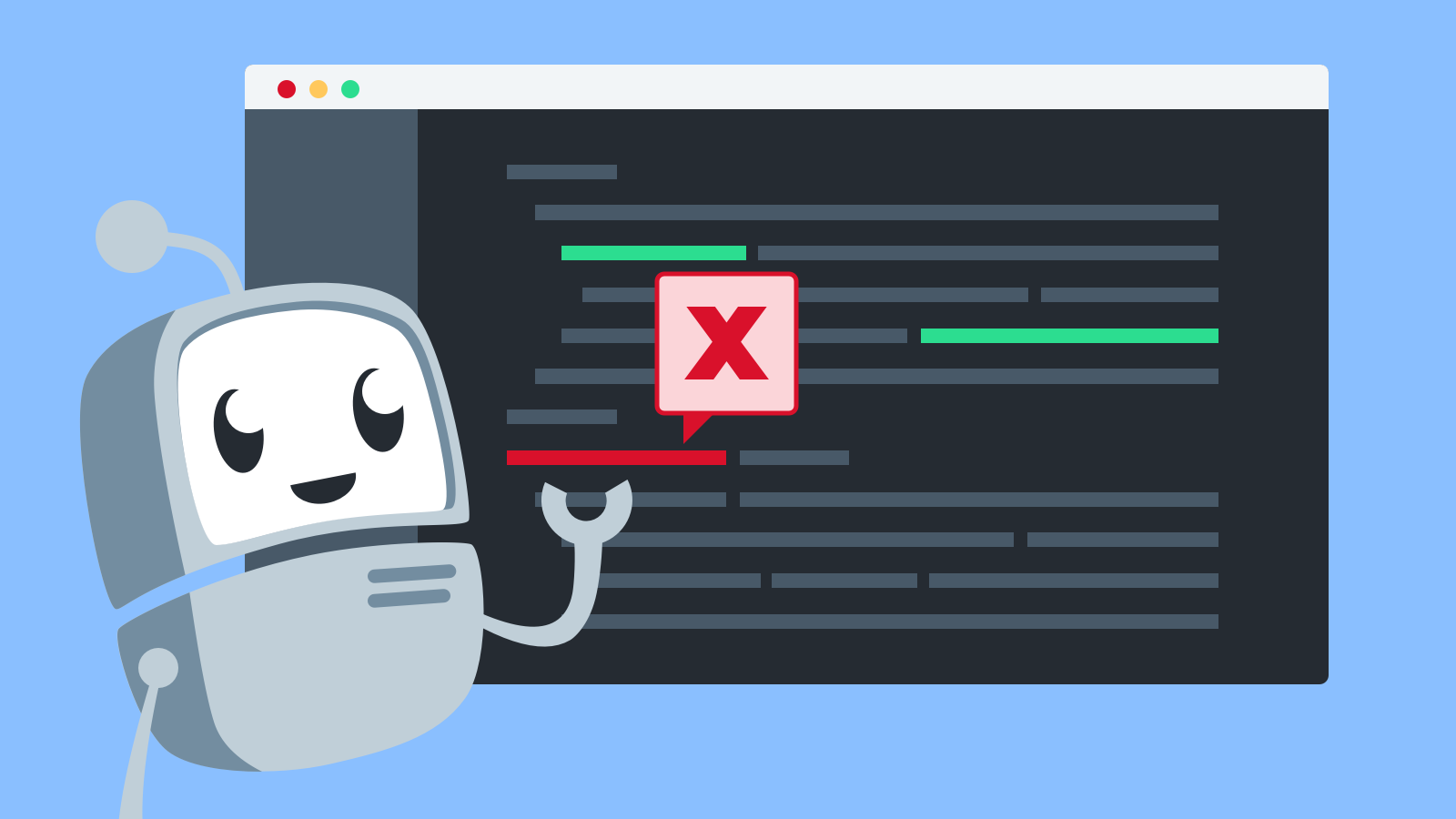In Golang, the `defer` statement is used to schedule a function call to be executed later, usually when the surrounding function completes. The purpose of `defer` is to ensure that certain actions or clean-up tasks are performed reliably, regardless of how the surrounding function exits (e.g., through a return statement, panic, or runtime error). Here’s how the `defer` statement works:
1. Syntax: The `defer` statement is followed by a function or method call. For example, `defer cleanup()` would schedule the `cleanup()` function to be called at a later point.
2. Execution Order: When a `defer` statement is encountered, the function call is not executed immediately. Instead, it is registered to be executed at the end of the surrounding function’s scope, just before the function returns.
3. Last-In-First-Out (LIFO): If multiple `defer` statements are present within the same function, they are executed in last-in-first-out order. This means that the most recently encountered `defer` statement is executed first, followed by the preceding ones.
4. Common Use Cases: The `defer` statement is often used for tasks such as closing files, releasing resources, unlocking mutexes, or logging. By deferring these actions until the function completes, it helps ensure that they are executed even if an error occurs or an early return statement is encountered.
5. Deferred Function Arguments: When a function call is deferred, the arguments of the function are evaluated immediately, but the actual execution of the function is delayed. This is important to consider when using deferred function calls that involve mutable state or changing variables.
6. Stack-Safe: The `defer` statement is stack-safe, meaning that deferred function calls are placed on a stack-like structure. This allows for nested `defer` statements, where functions are scheduled to be executed in reverse order as they were encountered. This behavior is useful in situations where clean-up tasks need to be performed in the reverse order of their setup.
The `defer` statement is a powerful construct in Go that provides a convenient and reliable way to handle clean-up actions and ensure that important tasks are executed before a function returns. It improves code readability and maintainability by keeping related operations closer together, making it easier to reason about the flow of execution and manage resources properly.


















